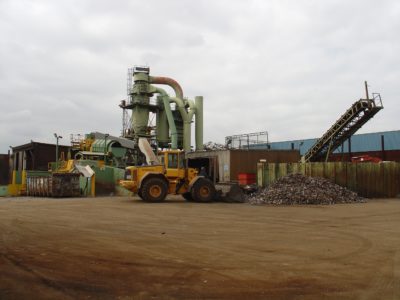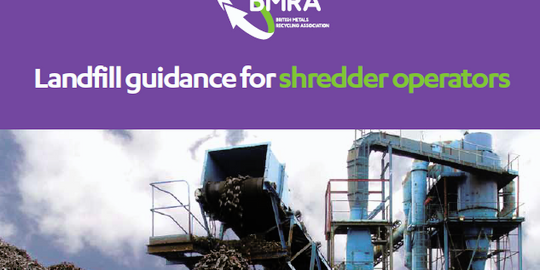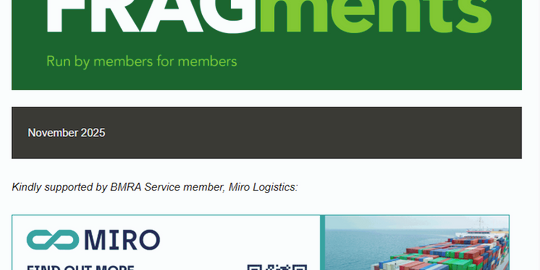Compliance and its associated costs is creating an uneven playing field for legitimate yards
Metals recycling is a highly regulated, professional and technologically advanced industry. Companies need to hold a Scrap Metal Dealers Licence as well as a plethora of environmental permits in order to carry out their business. The permits required will depend on the type and volume of metals processed. With all these permitting requirements comes an administrative burden and a cost. This means that some yards simply don’t bother or, if they do, they will apply for a waste carrier’s licence and little else.
What does a non-compliant yard look like?
On the face of it, probably not too dissimilar. You won’t know if they don’t have a scrap metal dealer licence. You won’t know if they have a waste carrier’s licence or the correct environmental permit. If you look around, however, the signs might be there. Signs that cars are not being depolluted correctly, evidence that metal is being processed on the bare ground and not on concrete. There may also be indications of the operator’s mindset through a lack of visible health and safety precautions.
What happens to those that don’t comply?
Unfortunately, for a number of reasons, not a lot. Under current Treasury rules, the Environment Agency (EA) can only visit permitted sites; that is what the charges on permits and authorisations are there for. If the Agency wants to target unpermitted sites, it has to apply for Grant-in-Aid funding and, despite Governments recent injection of £30million, a large proportion of these monies are used to tackle illegal waste sites rather than illegal metals sites.
In addition, some metal recyclers will be operating under one or more exemptions such as a T9 for scrap metal and an S2 for storage instead of a formal authorisation such as a standard rules permit. This means they won’t get visited by the EA, allowing an unscrupulous operator to cut corners with impunity causing all sorts of damage to the environment.
Annoyingly, if someone is found without the correct licences such as a scrap metal dealer licence, more often than not due to resourcing issues, they are encouraged to apply for one retrospectively rather than being prosecuted.
Why does it matter?
Yards that are not complying with regulations and paying the relevant fees, can afford to pay more for scrap metal. It is logical to assume that if an operator is willing to break the law by working without the right authorisations, they will think nothing of paying cash either. The higher price, cash-in-hand offer means legitimate businesses cannot compete, creating an uneven playing field. I know one yard who is losing £3,000 a week to an unlicensed, unpermitted operator right next door. And they are one of many. Moreover, such yards are, again, more likely to break the law in other ways such as accepting stolen metal and committing tax fraud to name but two examples.

There needs to be systems put in place that push and guide scrap metal towards the legitimate sector and away from those who are running illegal operations. In a document we shared with the Department for Business, Energy and Industrial Strategy (BEIS), we highlighted areas they could look at, including:
- Move away from the regulatory burden caused by a hazard-based approach to a risked-based approach to regulation.
- Review regulations to ensure they are effective and proportionate.
- Ring-fence a portion of permit money to tackle illegal sites.
- Take a multi-agency approach to enforcement involving the EA, the police, Local Authorities, HMRC and even DVSA.
We are delighted to say that these conversations have started, and we will continue to work with fellow Associations and Government agencies to create a more level playing field for the metals recycling industry.
Additional reading
Scrap metal dealers’ licence: https://environment.data.gov.uk/public-register/view/search-scrap-metal-dealers
Waste environmental permits: https://www.gov.uk/guidance/waste-environmental-permits



